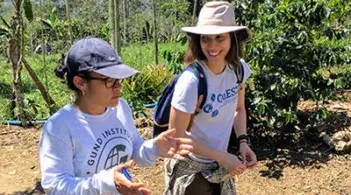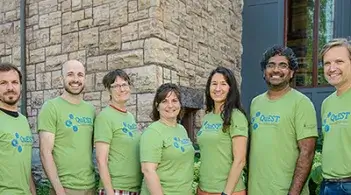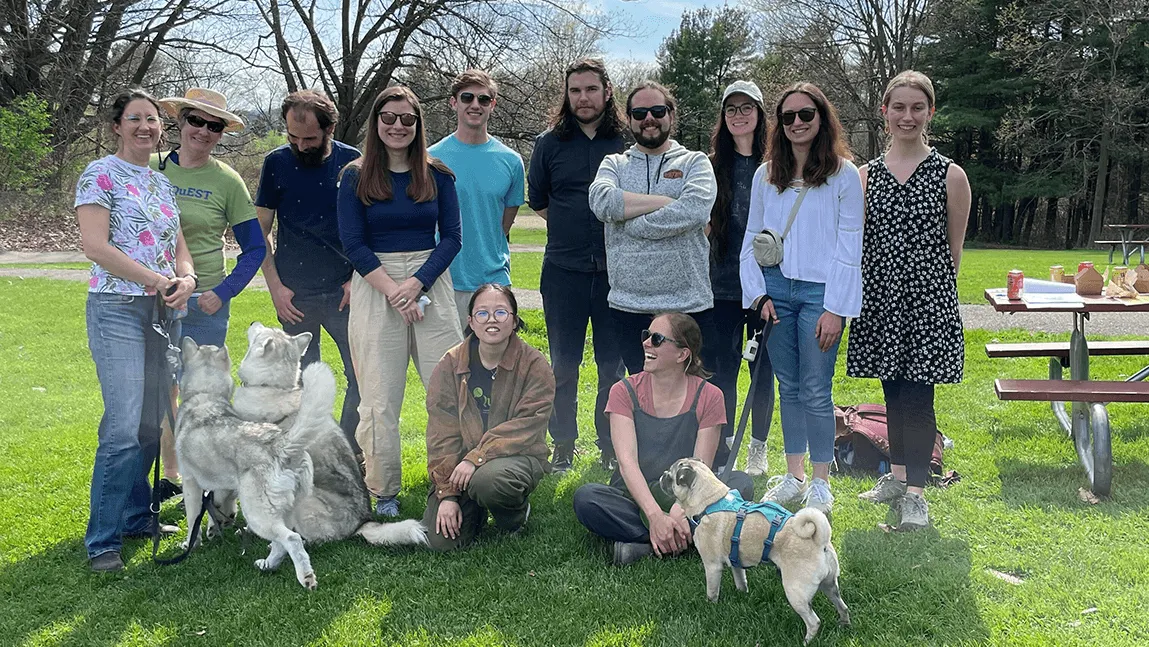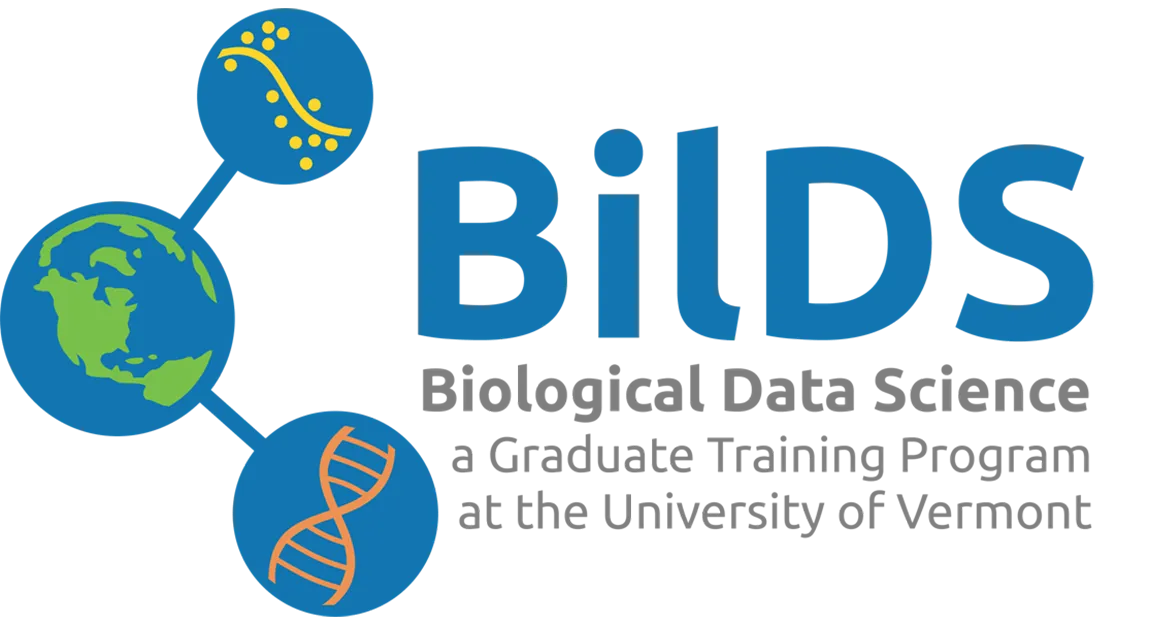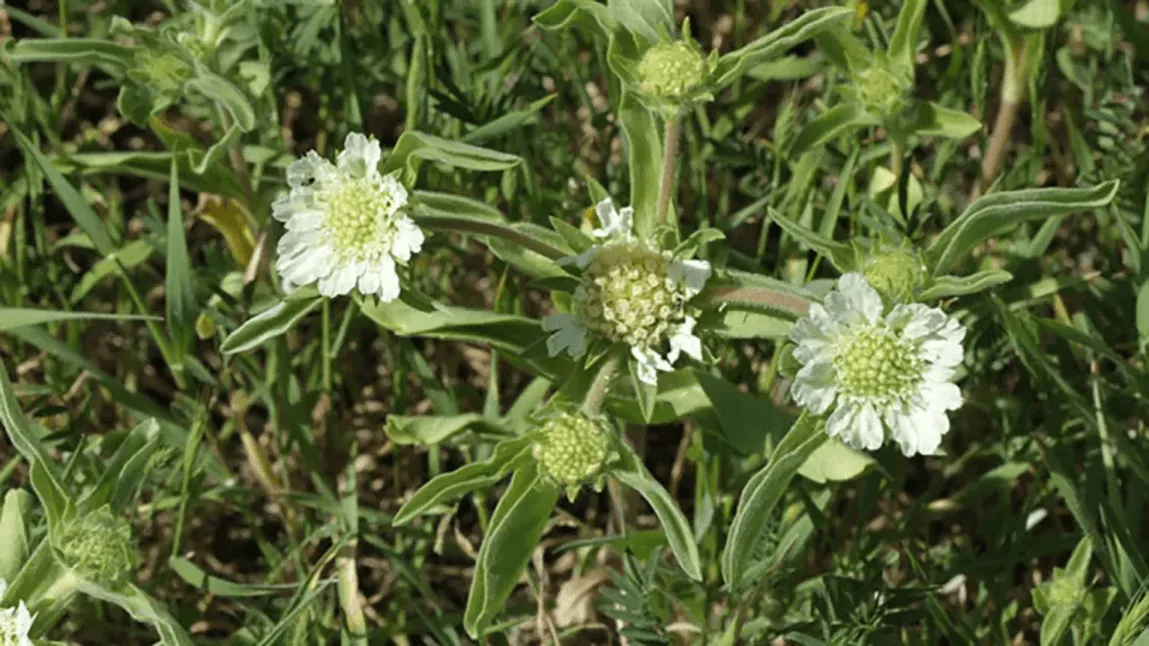The UVM BilDS program (formerly known as the Quantitative Evolutionary STEM Training (QuEST) program), is an innovative and evidence-based model for transforming STEM graduate education training. Emerging infectious diseases, antibiotic and pesticide resistance, reduced crop yields caused by climate extremes and shifts, and the loss of biodiversity affect environmental and global health and food security. In each case, identification of successful solutions to these global challenges requires a fundamental knowledge of biological principles. BilDS gives our graduate students the skills and experience to tackle these problems.
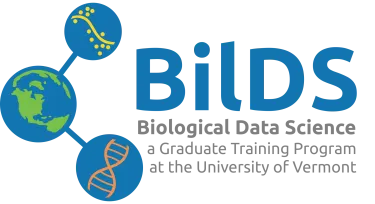
Our mission is to foster an interconnected diverse academic and social community of scientists through collaboration and communication who work together across disciplines using quantitative tools to solve environmental and global health problems locally, nationally, and internationally.
